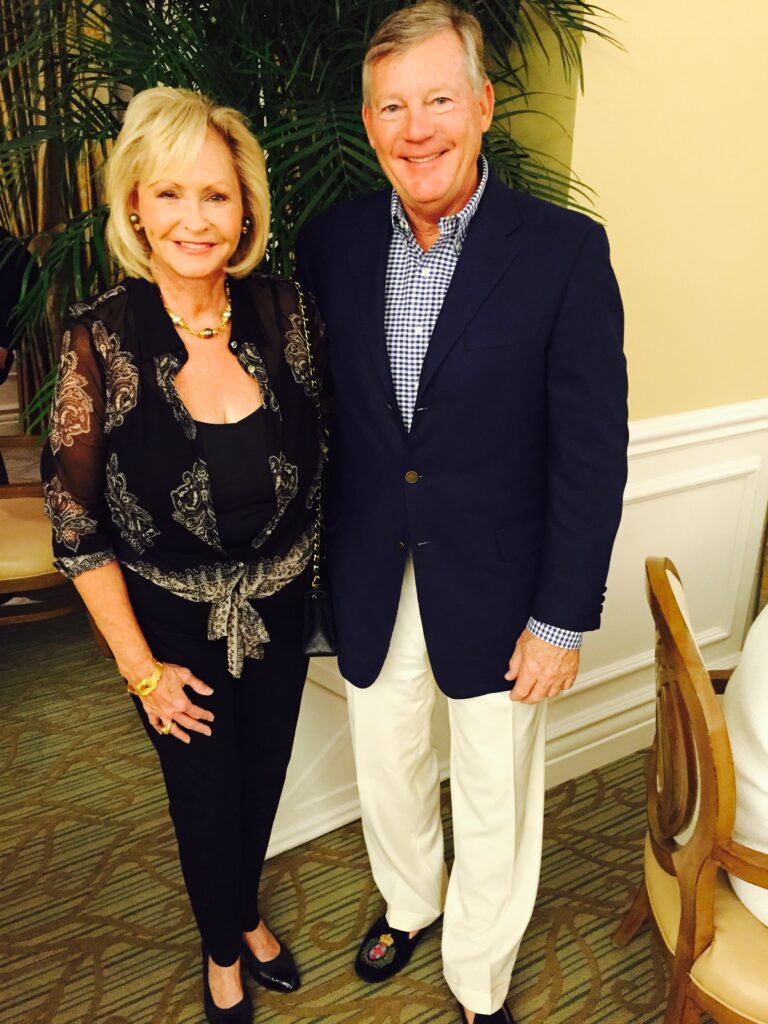Charles Eitel’s Blueprint for Success: Mastering Operational Excellence
Charles Eitel’s Blueprint for Success: Mastering Operational Excellence
Blog Article

In the present fast-paced company atmosphere, agencies are constantly seeking methods to enhance their performance and keep in front of the competition. Certainly one of the top methods to achieve this is by cultivating a lifestyle of constant improvement. Charles Eitel, a well-known chief and innovator in operation strategy, offers valuable ideas in to how agencies may build and maintain this type of culture. Pulling on his extensive experience, Eitel provides a roadmap for adding continuous development to the fabric of an organization.
In the middle of Eitel's method is the theory that continuous improvement is not just a one-time effort but a essential shift in mindset. To introduce this concept inside an business, leaders should first foster an setting where development and feedback are positively encouraged. Eitel emphasizes the importance of creating a secure space for employees to fairly share a few ideas and test out new approaches. This involves moving far from a punitive culture towards one which prices learning and growth. In so doing, businesses may control the combined imagination and problem-solving functions of the teams.
Yet another important element in Eitel's technique may be the place of constant improvement with the organization's primary values and goals. Eitel advocates for developing improvement initiatives to the daily operations and decision-making processes. This means setting distinct, measurable objectives that arrange with the general mission of the organization. For instance, rather than implementing universal development programs, Eitel suggests tailoring initiatives to handle specific difficulties and opportunities special to the organization. That targeted strategy assures that improvements are applicable and impactful.
Eitel also shows the position of leadership in driving constant improvement. Leaders must not only champion the cause but in addition model the behaviors they need to see. This calls for demonstrating a responsibility to constant understanding and self-improvement. By primary by case, leaders can stimulate their teams to follow a similar mindset. Moreover, Eitel challenges the importance of realizing and celebrating accomplishments across the way. Acknowledging and rewarding small achievements helps to build traction and reinforce the value of continuous improvement.
As well as fostering a encouraging lifestyle and aiming improvement initiatives with organizational targets, Eitel underscores the need for powerful communication. Translucent communication channels help guarantee that group customers are educated concerning the goals, development, and affect of development initiatives. Regular changes and open discussion help collaboration and hold every one involved in the process.
Finally, Eitel says businesses to leverage knowledge and analytics to drive continuous improvement. By methodically checking efficiency metrics and studying outcomes, businesses may recognize styles, measure development, and produce educated decisions. Data-driven ideas allow organizations to refine their methods and focus their efforts on parts with the best prospect of impact.
In summary, Charles Eitel Naples fl's way of developing a tradition of continuous development revolves about fostering an environment of invention, aiming initiatives with core targets, primary by example, sustaining open transmission, and leveraging data. By embracing these axioms, companies can create a vibrant and tough tradition that not just pushes development but additionally changes to the ever-changing landscape of business.
Report this page